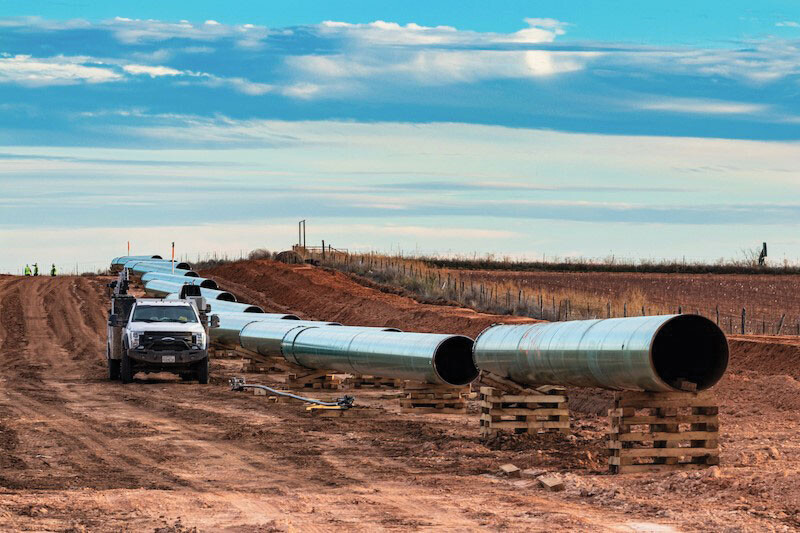
A significant shift is underway in the South American energy landscape as Argentina has commenced natural gas exports to Brazil, utilizing Bolivia's existing pipeline infrastructure. This landmark achievement is fueled by the escalating production from Argentina's vast 'Vaca Muerta' shale gas reserves and is anticipated to bolster regional energy cooperation while invigorating the Argentine economy.
Argentina Realizes Long-Held Ambition, Transitions from Energy Dependence to Export Powerhouse
Despite possessing substantial oil and gas reserves, Argentina has historically grappled with underdevelopment and economic challenges, rendering it reliant on energy imports. However, recent robust investments in the 'Vaca Muerta' region have triggered a surge in production, enabling the nation to achieve energy self-sufficiency and now, to export to neighboring countries.
The commencement of gas exports to Brazil transcends mere energy sales for Argentina. It solidifies Argentina's position as an emerging energy exporter and lays a crucial foundation for long-term national economic growth.
Bolivia Emerges as Energy Transit Hub, Exemplifying Regional Cooperation
Argentina's gas exports are being facilitated through Bolivia's established gas transportation network. Leveraging its prior experience as a gas exporter to both Brazil and Argentina, Bolivia now assumes the role of an energy intermediary between these two nations.
This development underscores a strengthening of energy collaboration among South American countries. The joint utilization of existing infrastructure and the exchange of complementary energy resources serve as a model for enhancing regional energy security and fostering mutual economic benefits.
Brazil Anticipates Diversified Energy Imports and a Stable Supply Chain
As South America's largest economy, Brazil faces steadily increasing energy demands. By diversifying its gas import sources beyond its primary reliance on Bolivia to include Argentina, Brazil aims to enhance the stability of its energy supply and mitigate potential disruptions.
Furthermore, the increased influx of gas from Argentina is expected to foster competition within the Brazilian energy market, potentially leading to more favorable energy supply conditions for consumers in the long term.
Future Prospects and Challenges: Building a Sustainable Energy Cooperation Model
Argentina's gas exports to Brazil signify a dynamic transformation in the South American energy market. The potential of 'Vaca Muerta' suggests that Argentina could expand its energy exports to even more countries in the future, while Bolivia is poised to strengthen its role as a key energy transit hub.
However, ensuring the long-term sustainability of this energy cooperation necessitates the establishment of a reliable supply chain, transparent contract execution, and concerted efforts to minimize environmental impacts. Moreover, building a cooperative framework that can adapt to evolving political and economic conditions in each country will be paramount.
The initiation of Argentina's gas exports to Brazil marks the dawn of a new era in the South American energy market, and the future trajectory of energy cooperation between these nations will be closely watched.
[Copyright (c) Global Economic Times. All Rights Reserved.]



























